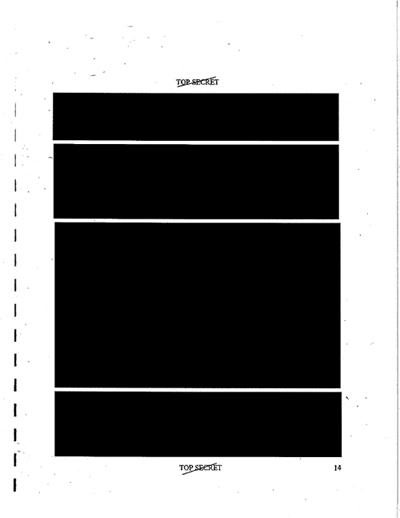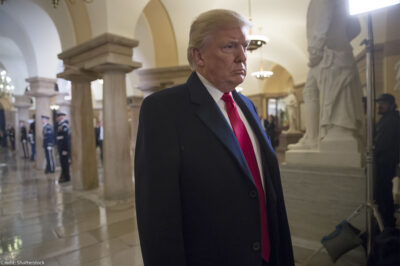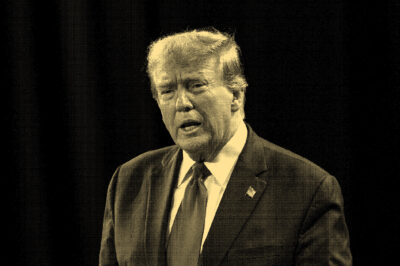This month’s issue of Index on Censorship, a British magazine that promotes freedom of expression, considers the future of free expression in the U.S. after the Presidency of George W. Bush. The issue entitled “Mission Accomplished? The Bush Legacy” features several articles from leading activists, writers and journalists that examine the culture of secrecy, surveillance and executive authority associated with the Bush administration.

While the ACLU has obtained thousands of pages through the FOIA, some CIA documents have been heavily redacted
Steven Aftergood, director of the Federation of American Scientists Project on Government Secrecy and author of Secrecy News writes about the many steps that will need to be taken in the months and years to come to tackle the unprecedented growth in secrecy under Bush in his article “If In Doubt, Classify” (PDF).
Patrick Radden Keefe, author of Chatter: Dispatched from the Secret World of Global Eavesdropping and frequent contributor to The New Yorker and Slate considers the lack of oversight of the Bush administration’s wiretapping program in his article “Legislating in the Dark” (PDF).
And the Director of the ACLU’s National Security Project, Jameel Jaffer, writes about the many remaining secrets of the Bush administration, particularly in regard to detention and interrogation policies, in his article “Unfinished Business” (PDF). Jaffer discusses the ACLU’s ongoing Freedom of Information Act litigation that seeks to unearth documents about the abuse and torture of prisoners. He writes:
The information that has been released thus far is incomplete, but it paints a grim picture. We know that the administration’s lawyers invented a new legal framework…meant to permit barbaric interrogation practices and to insulate interrogators and officials from prosecution for war crimes. We know that, in reliance on this new legal framework, interrogators subjected prisoners to abuse and even torture…[A]buse of prisoners was systemic, not limited to Abu Ghraib… [H]undreds of prisoners have died in the custody of US military and … many other have disappeared into the CIA’s secret detention system…
The FOIA has proved to be an essential tool, but over the last eight years we have learned that it is not sufficient in itself to ensure the kind of transparency — let alone the kind of accountability — that democracy requires. An administration committed to obfuscation can, with the silence or support of the political branches, thwart the public’s access to even the most fundamental information. President elect Obama has promised to run ‘the most transparent government’ in American history. Come January, he could begin to make good on that promise by ordering executive agencies to release the torture files that are still secret.”
You can read these articles and several others online.




